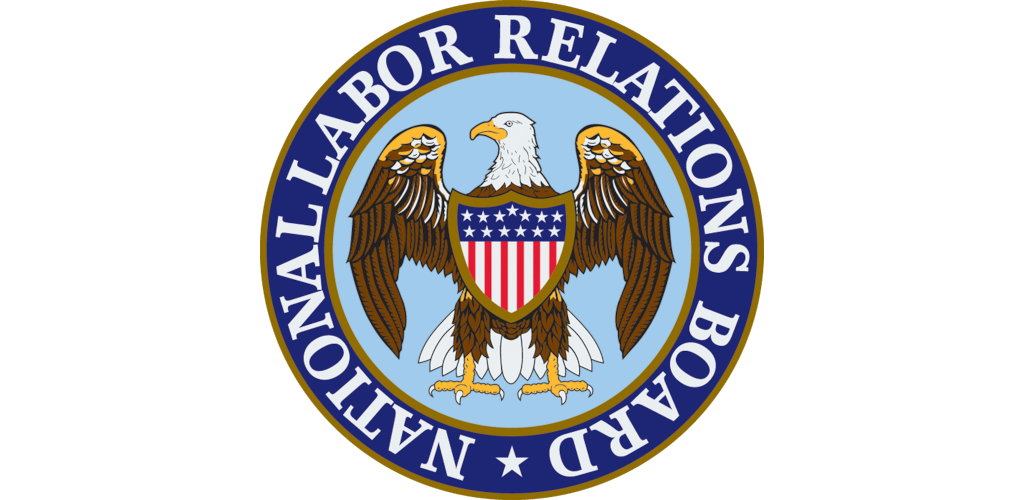Quick Hits
- On February 14, 2025, NLRB Acting GC William B. Cowen rescinded memoranda that deemed as violations of the National Labor Relations Act (NLRA) two categories of restrictive covenant agreements with non-supervisory/non-management employees: (1) non-compete agreements in employment contracts and severance agreements and (2) stay-or-pay agreements whereby employees are required to remain employees for a certain period of time or reimburse an employer certain moneys.
- This action reverses the stance taken by former GC Jennifer Abruzzo, who argued that such agreements interfere with employees’ rights under Section 7 of the NLRA.
- The rescission is important for employers that use restrictive covenants, as it changes the federal legal and practical risk framework regarding the enforceability of them.
Acting GC Cowen’s memo rescinded GC 23-08. That memo declared that the “proffer, maintenance, and enforcement” of non-compete agreements in employment contracts and severance agreements violate the NLRA. According to Abruzzo, who issued that memorandum on May 30, 2023, non-compete “agreements interfere with employees’ exercise of rights under Section 7 of the National Labor Relations Act (the Act or NLRA). Except in limited circumstances, I believe the proffer, maintenance, and enforcement of such agreements violate Section 8(a)(1) of the Act.” The Acting GC also rescinded GC 25-01, which identified as unlawful many common provisions under which employees must repay their employers certain bonuses and benefits if they voluntarily or involuntarily separate from employment before the expiration of a defined stay period. Abruzzo’s enforcement position on stay-or-pay agreements was that they violated Section 8(a)(1) of the NLRA unless they were “narrowly tailored to minimize any interference with Section 7 rights” and employers can meet a specific test for whether the provision “advances a legitimate business interest.”
While the rescission of the memos is a welcome development for the employer community, some labor risk remains relating to these agreements. Abruzzo’s positions on non-compete agreements and stay-or-pay agreements are, at least in part, rooted in application of two NLRB decisions:
(1) McLaren Macomb, which declared certain nondisparagement and confidentiality provisions presented to nonmanagerial employees as violative of employees’ Section 7 rights, and
(2) Stericycle, Inc., which adopted a new standard on when an employer work rule infringes on employees Section 7 rights.
The McLaren Macomb and Stericycle cases are still existing Board law. Efforts to adopt new standards will require a fully constituted NLRB, which presently lacks a quorum. Employers also still need to factor in conflicting decisions by NLRB administrative law judges (ALJ). For example, some ALJs have adopted Abruzzo’s position concerning the legality of non-compete agreements for non-supervisory/non-management employees. But other ALJs have concluded that Abruzzo’s position does not comport with existing law, and to be enforceable, the positions must first be adopted by the NLRB (which has not happened). As a result, employers should continue to be thoughtful and acknowledge that there remains some risk in fully abandoning Abruzzo’s positions in the memos. They should balance that risk against their legitimate businesses interests in having fulsome (but appropriately tailored) restrictive covenant protections.
Next Steps
The rescission of the memos alters, and further informs, the risk analysis surrounding the use of these common provisions in employment contracts and severance agreements. Employers may now have more leeway to implement and enforce non-compete clauses without the same level of legal scrutiny or risk of being found in violation of non-supervisory/non-management employees’ rights under Section 7 of the NLRA. But employers should note that restrictive covenants for non-supervisory employees continue to be governed by state law—as they traditionally have been. Employers wishing to enforce such agreements may need to still be mindful of applicable state law and ensure such covenants are tailored as needed to protect their legitimate business interests, including with respect to confidential information (trade secrets), goodwill in customers and employees, and unfair competition.
Ogletree Deakins will continue to monitor developments and will provide updates on the Traditional Labor Relations and Unfair Competition and Trade Secrets blogs as additional information becomes available.
Follow and Subscribe
LinkedIn | Twitter | Webinars | Podcasts









